The Equality and Human Rights Commission (EHRC) will look at the Home Office’s “hostile environment“ policy in light of the Windrush scandal.
The watchdog said it is launching legal action to review whether the department complied with equality law when carrying out the immigration measures.
The hostile environment strategy was devised under Theresa May when she was home secretary in the coalition government to deter illegal immigration and continued under her successor, Amber Rudd.
Download the new Independent Premium app
Sharing the full story, not just the headlines
It resulted in thousands of Commonwealth immigrants from the so-called Windrush generation – who came to Britain in the decades following the Second World War – being wrongly denied rights, losing their jobs, and in some cases being deported.
The EHRC action follows the “lessons learned” review published in March, which found the Home Office had shown “ignorance and thoughtlessness” in dealing with race issues.
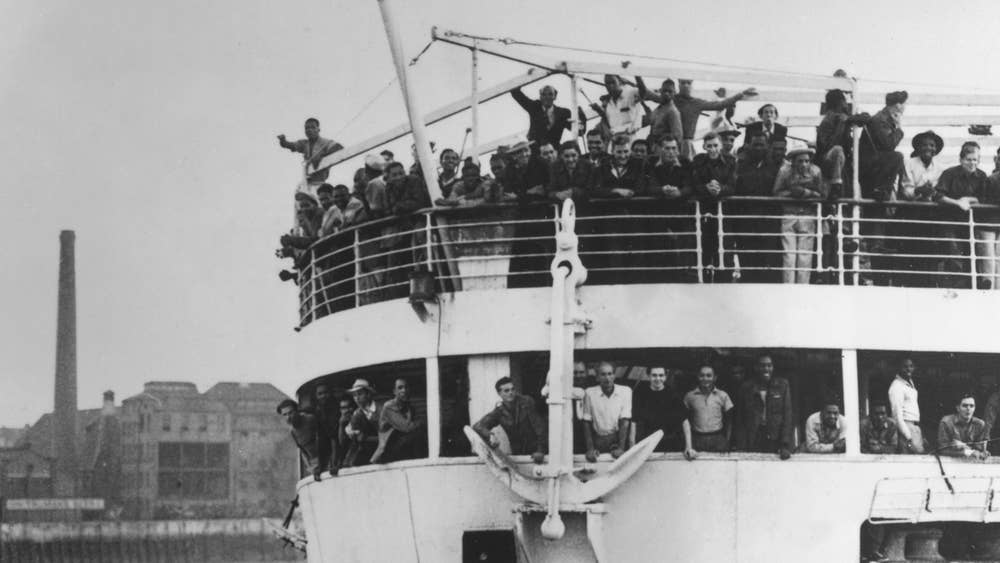
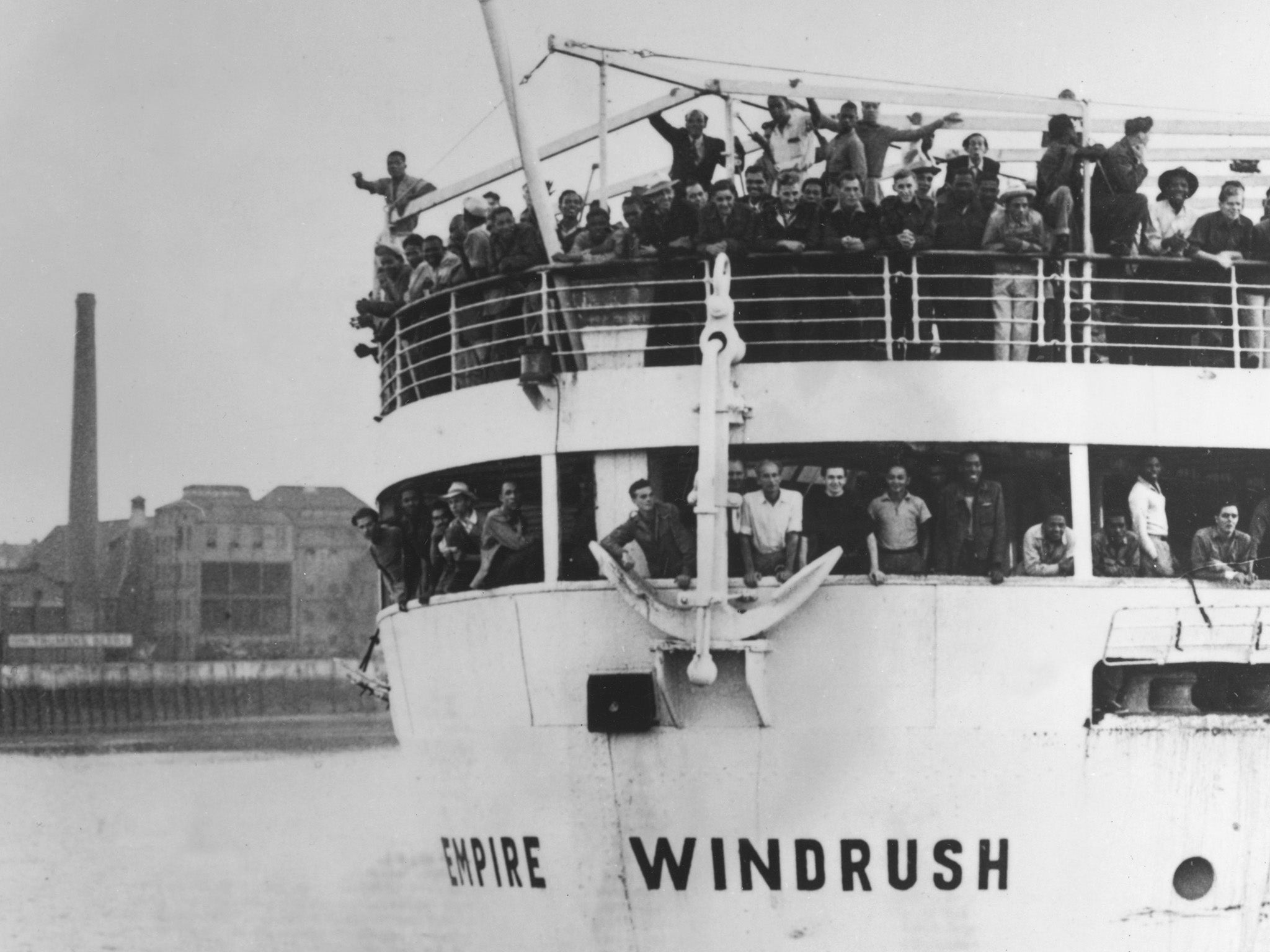
1/15
The ex-troopship ‘Empire Windrush’ arriving at Tilbury Docks from Jamaica, with 482 Jamaicans on board, emigrating to Britain.
Getty
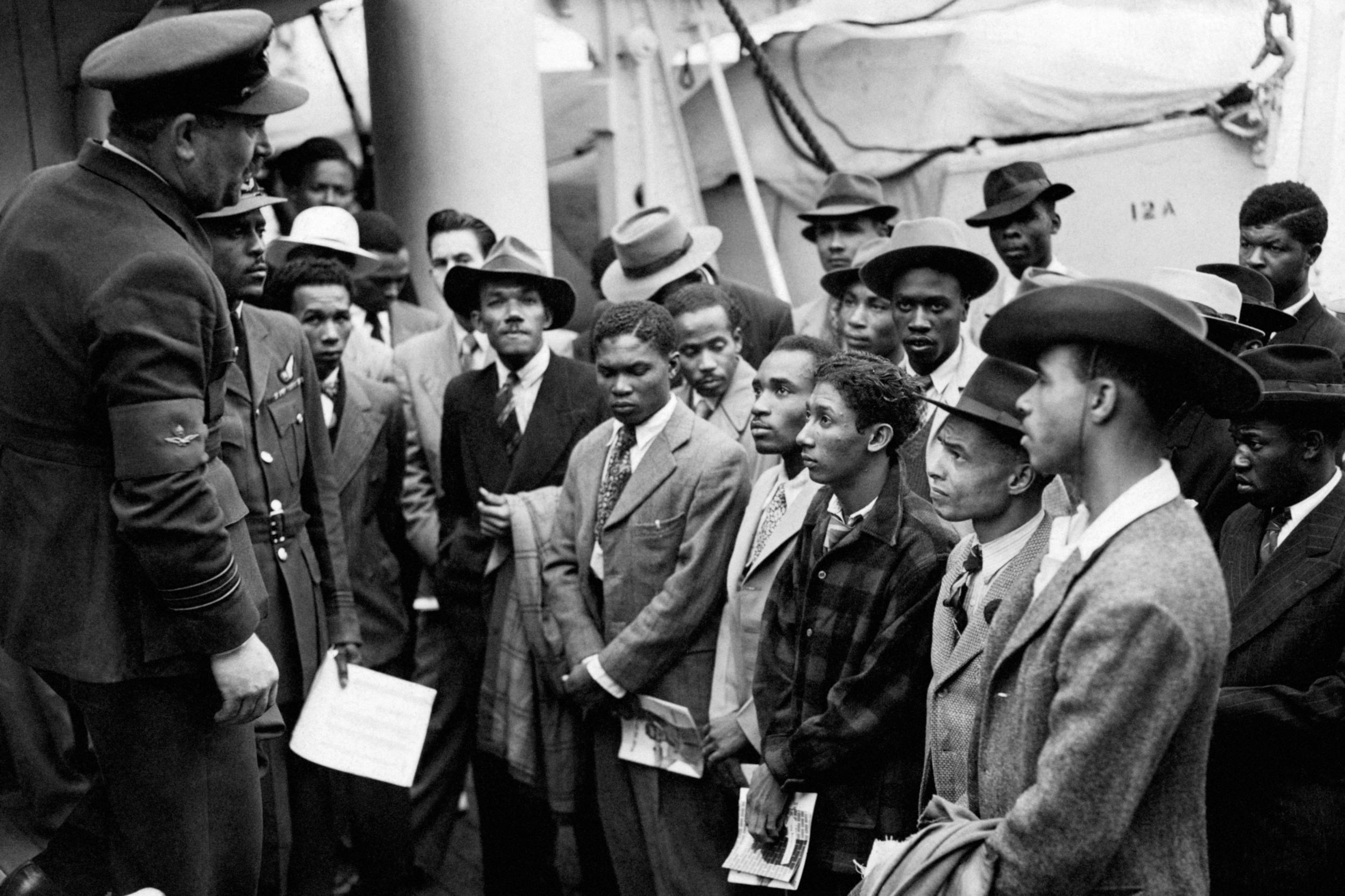
2/15
Jamaican immigrants being welcomed by RAF officials from the Colonial Office after the ex-troopship ‘Empire Windrush’ landed them at Tilbury.
PA
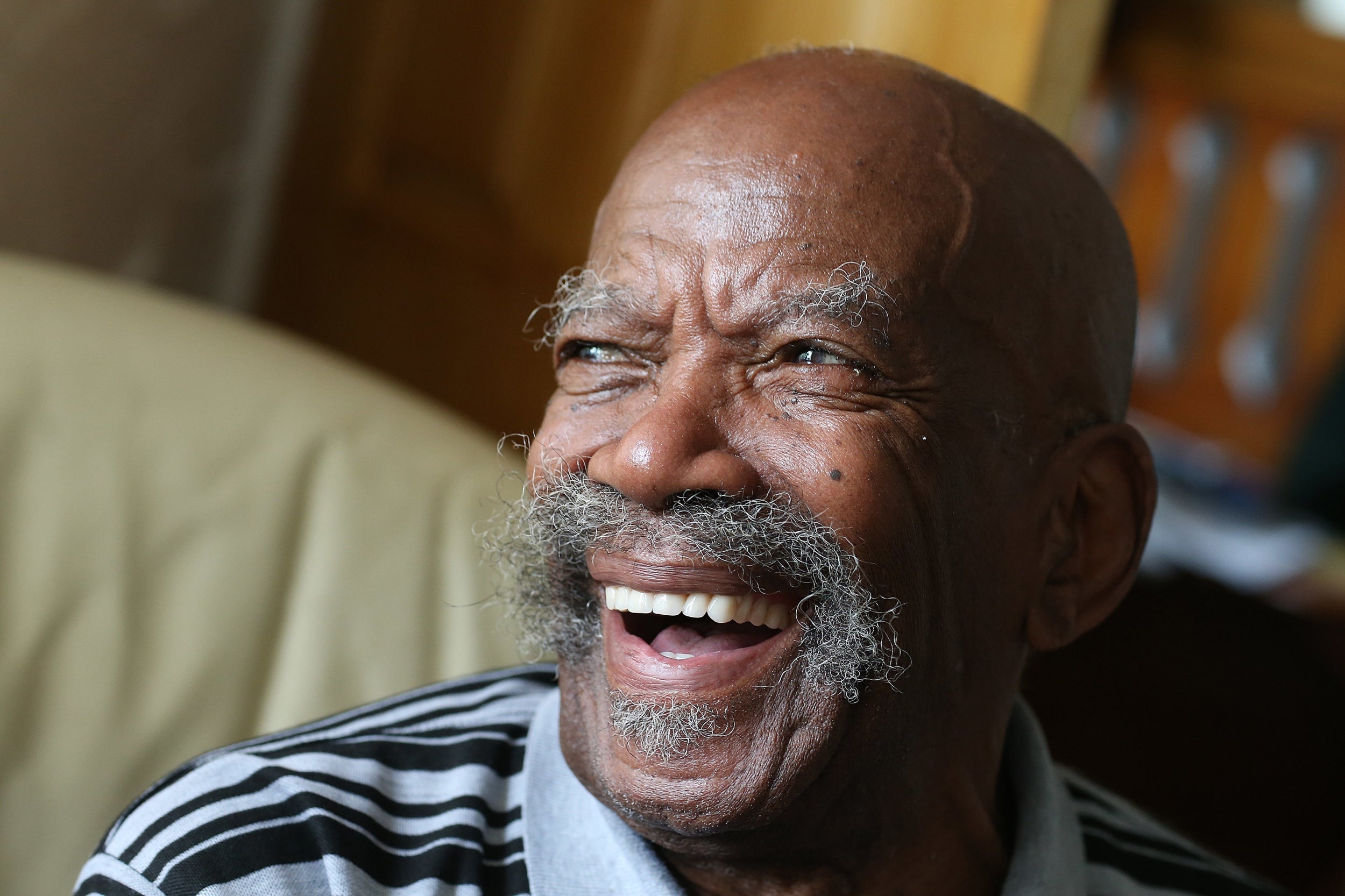
3/15
Alford Gardner who arrived in Britain in 1948 on the first Windrush ship to dock in Tilbury, Essex, speaking at his home in Leeds
PA
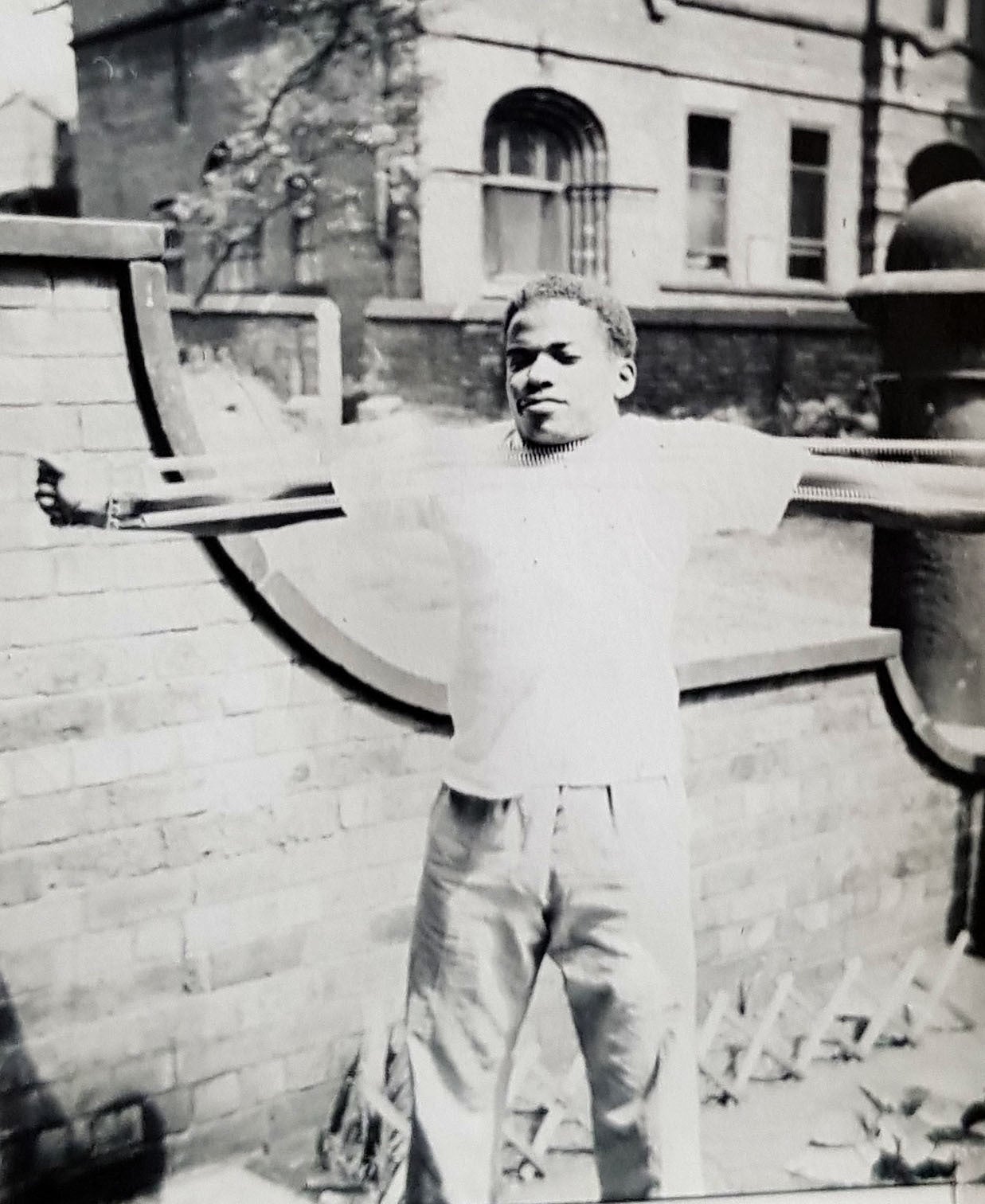
4/15
Alford Gardner in Leeds shortly after he arrived in Britain in 1948 on the first Windrush ship to dock in Tilbury, Essex
PA

5/15
Gardner was 22 years old when he boarded the ship in Kingston, Jamaica, with his brother Gladstone before they and hundreds of Caribbean migrants called on to rebuild post-war Britain disembarked the ship in Tilbury Docks
PA
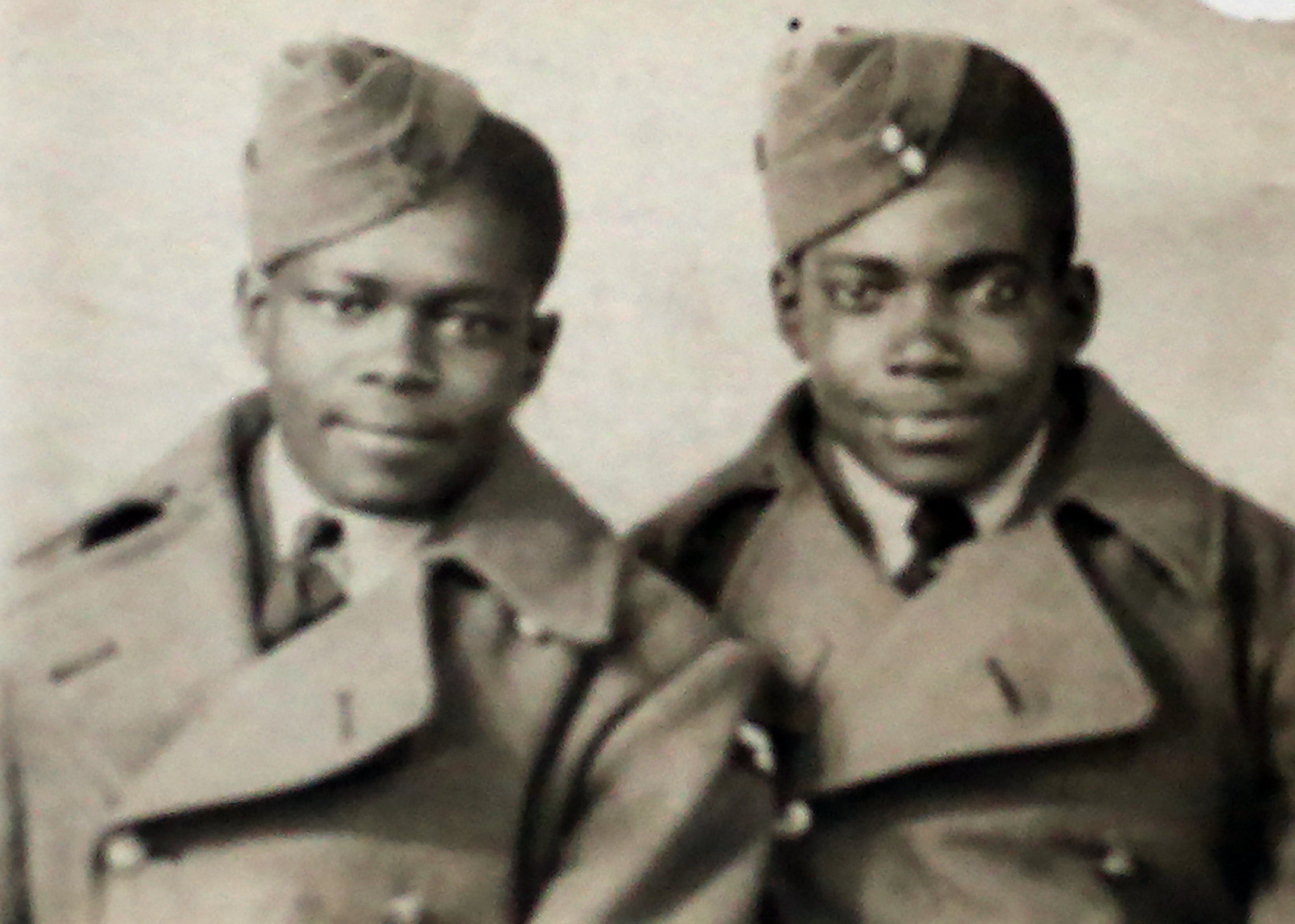
6/15
Alford Gardner (right), during his RAF service in 1947
PA
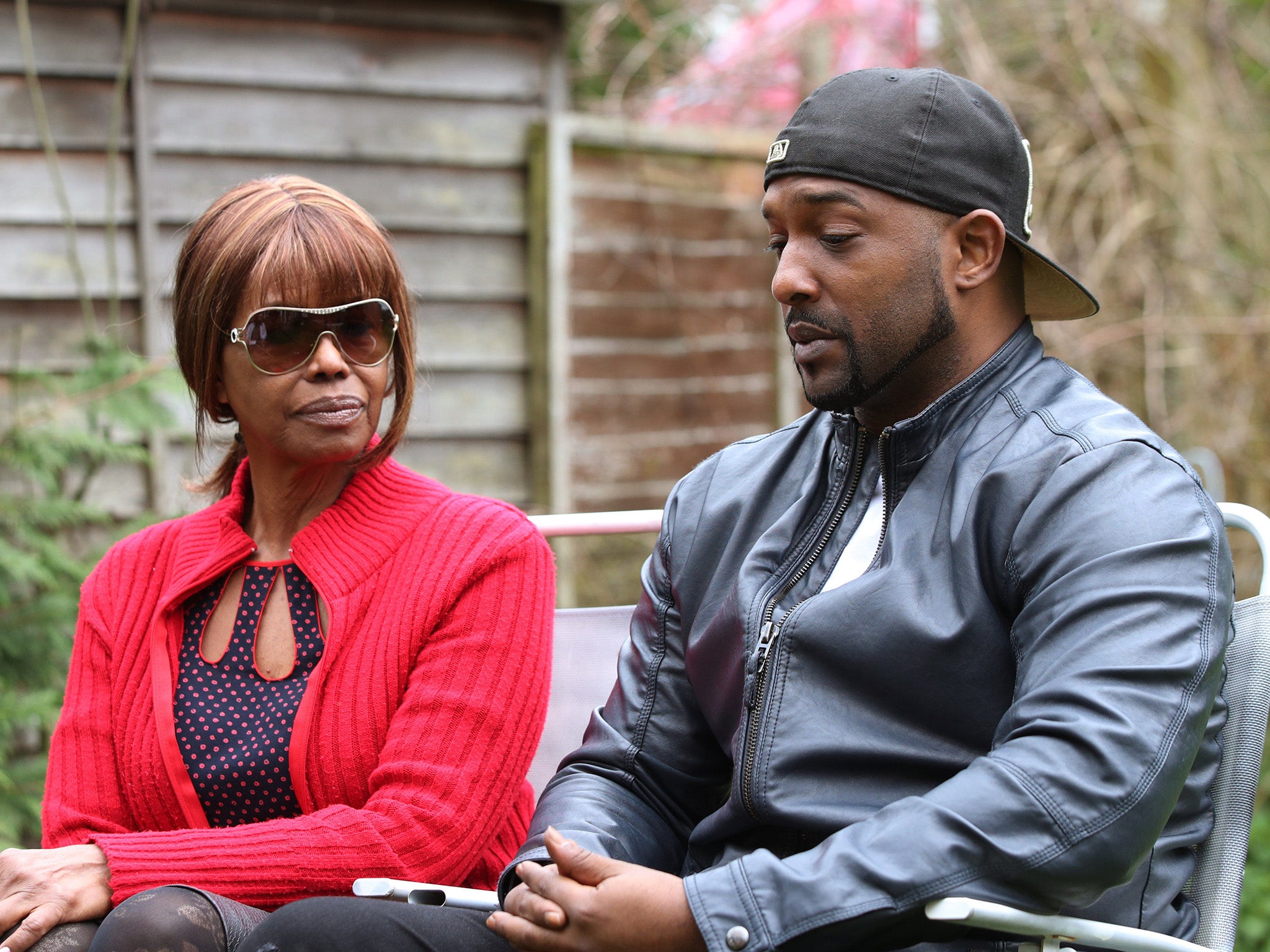
7/15
The son of Ruth Williams, a Windrush-generation immigrant, wants to the leave the country after threats of deportation. According to his mother, Mr Haynes applied for British citizenship in 2016 but was rejected, despite Ms Williams having lived in the UK almost permanently since arriving from St Vincent and the Grenadines in 1959.
Ruth Williams, 75, said she felt “betrayed” by Britain after the Home Office twice turned down applications for her 35-year-old son, Mozi Haynes, to remain in the country.
Ms Williams is understood to have cancer and said she relies heavily on her son for support.
PA

8/15
The British liner ‘Empire Windrush’ at port in 1954.
Getty
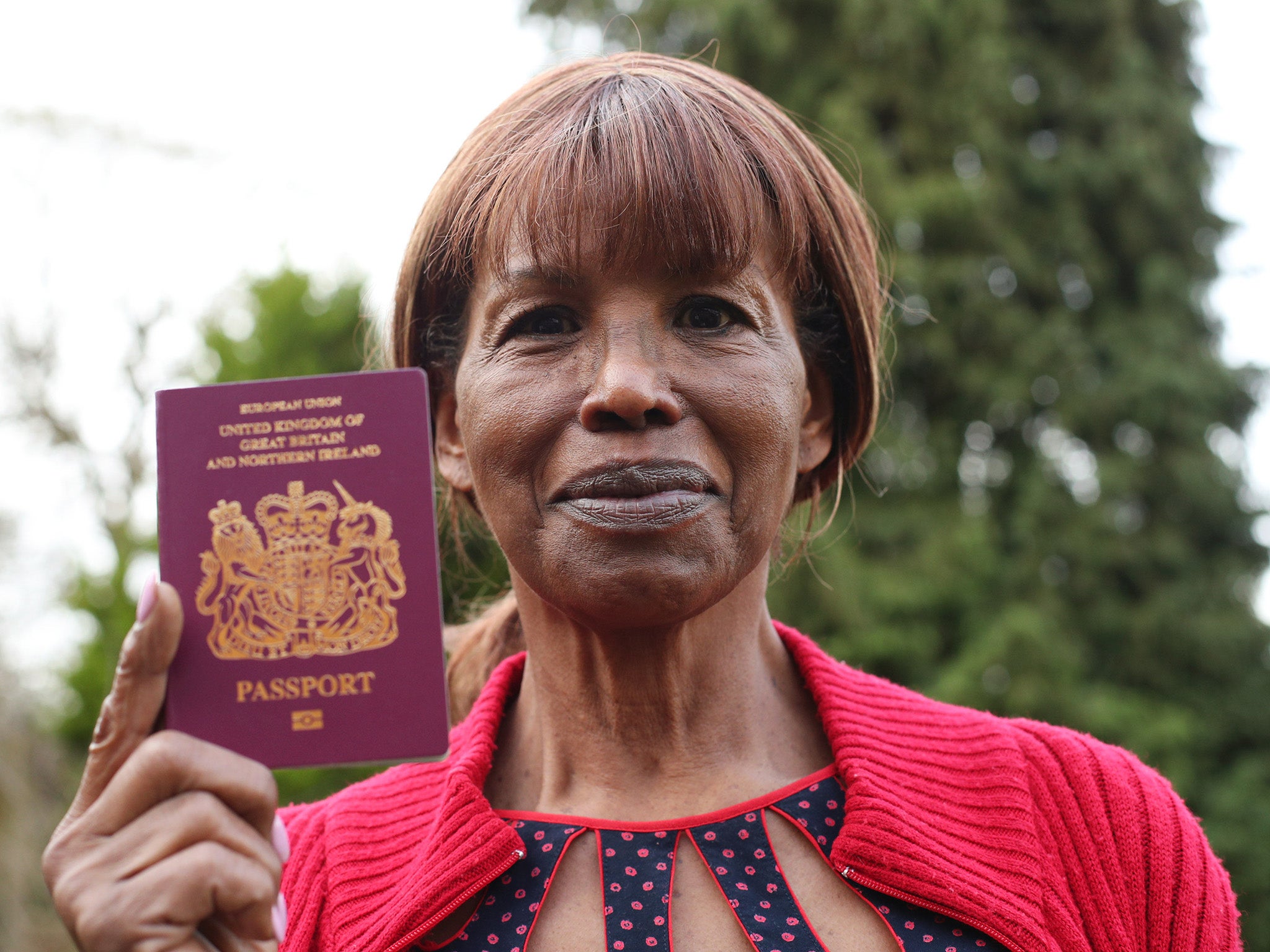
9/15
Ruth Williams, 75, with her British passport. “I feel betrayed and a second class citizen in my own country,” she said. “This makes me so sad and the Home Office must show some compassion.
“I am unwell and almost 75, I live on my own and I need my son to stay here. I need my family around me and I can’t face being alone. He has applied to the Home Office and been refused twice.”
PA
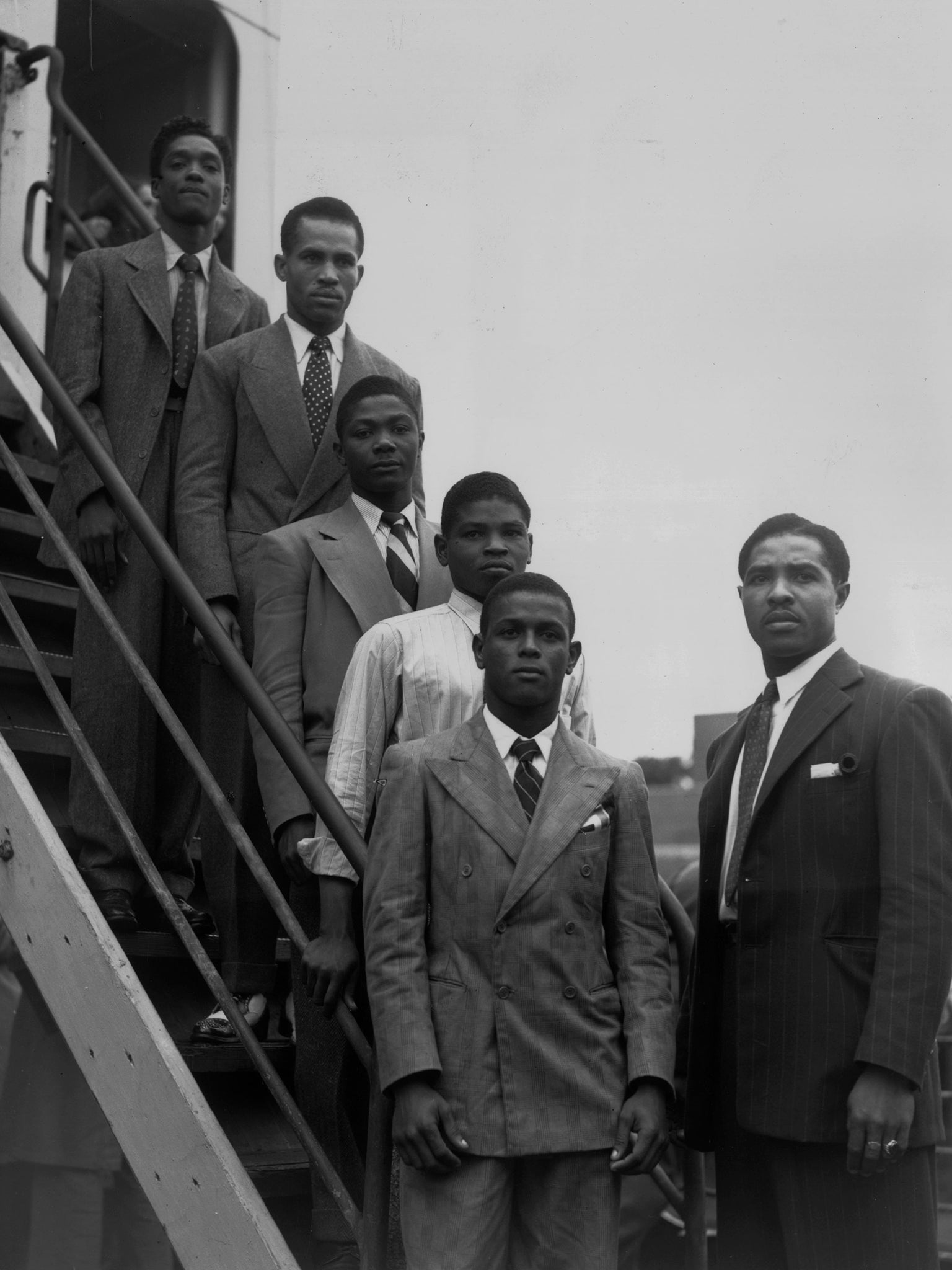
10/15
From the top, hopeful Jamaican boxers Charles Smith, Ten Ansel, Essi Reid, John Hazel, Boy Solas and manager Mortimer Martin arrive at Tilbury on the Empire Windrush in the hope of finding work in Britain.
Getty

11/15
Jamaicans reading a newspaper whilst on board the ex-troopship ‘Empire Windrush’ bound for Tilbury docks in Essex.
Getty
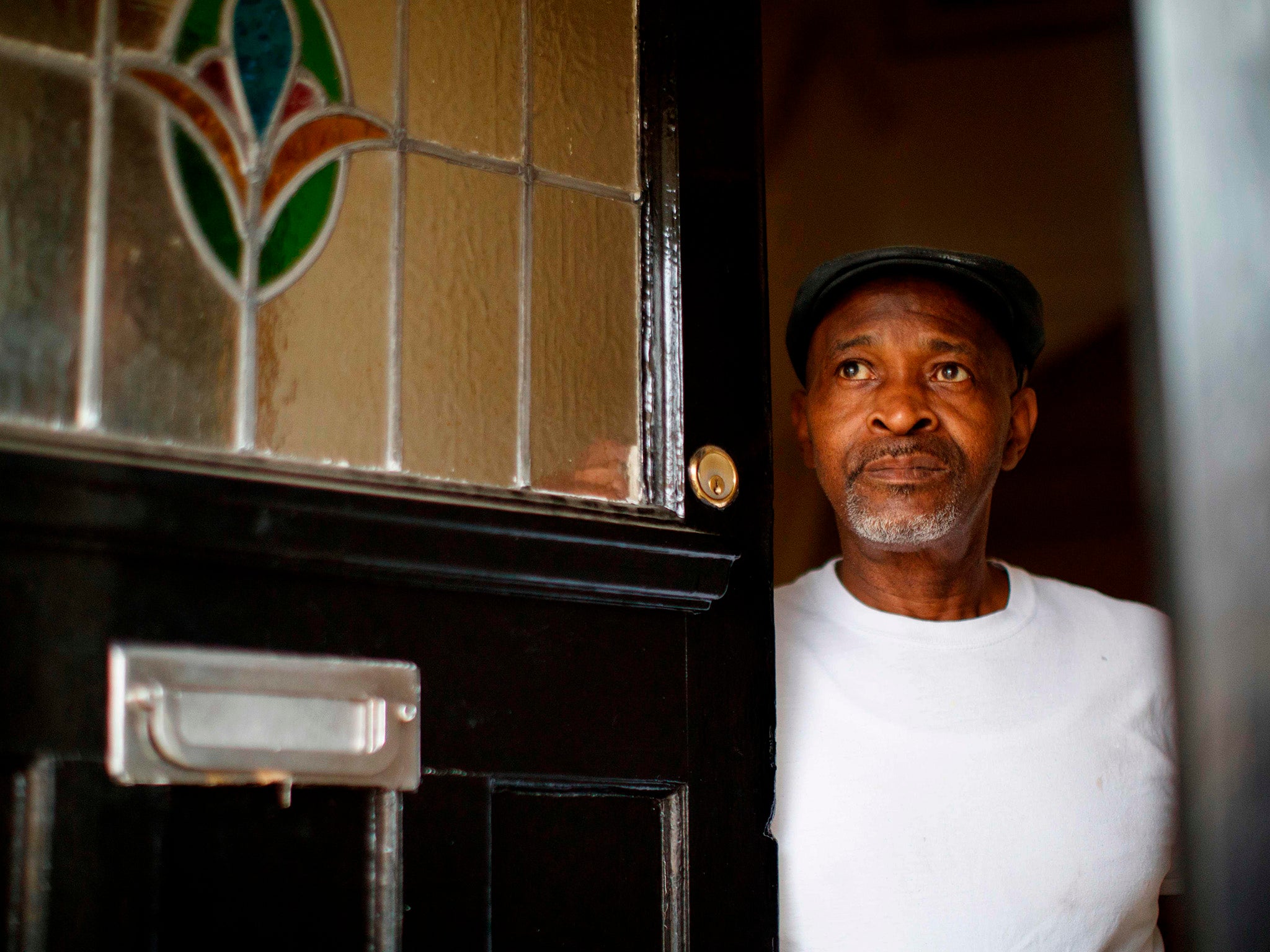
12/15
After half a century in Britain, Anthony Bryan decided it was time to go abroad. But the decision set off a nightmare that saw him lose his job, detained twice and almost deported to Jamaica.
AFP/Getty

13/15
Jamaica-born Anthony Bryan poses outside his home in Edmonton, north London. Now 60 and a grandfather, Bryan thought the issue could be resolved swiftly, as he legally moved to Britain with his family as part of the Windrush generation of Caribbean migrants after World War II. In 1948, the ship Windrush brought the first group of migrants from the West Indies to help rebuild post-war Britain, and many others followed from around the Commonwealth. A 1971 law gave them indefinite leave to remain, but many never formalised their status, often because they were children who came over on their parents’ passports and then never applied for their own.
AFP/Getty
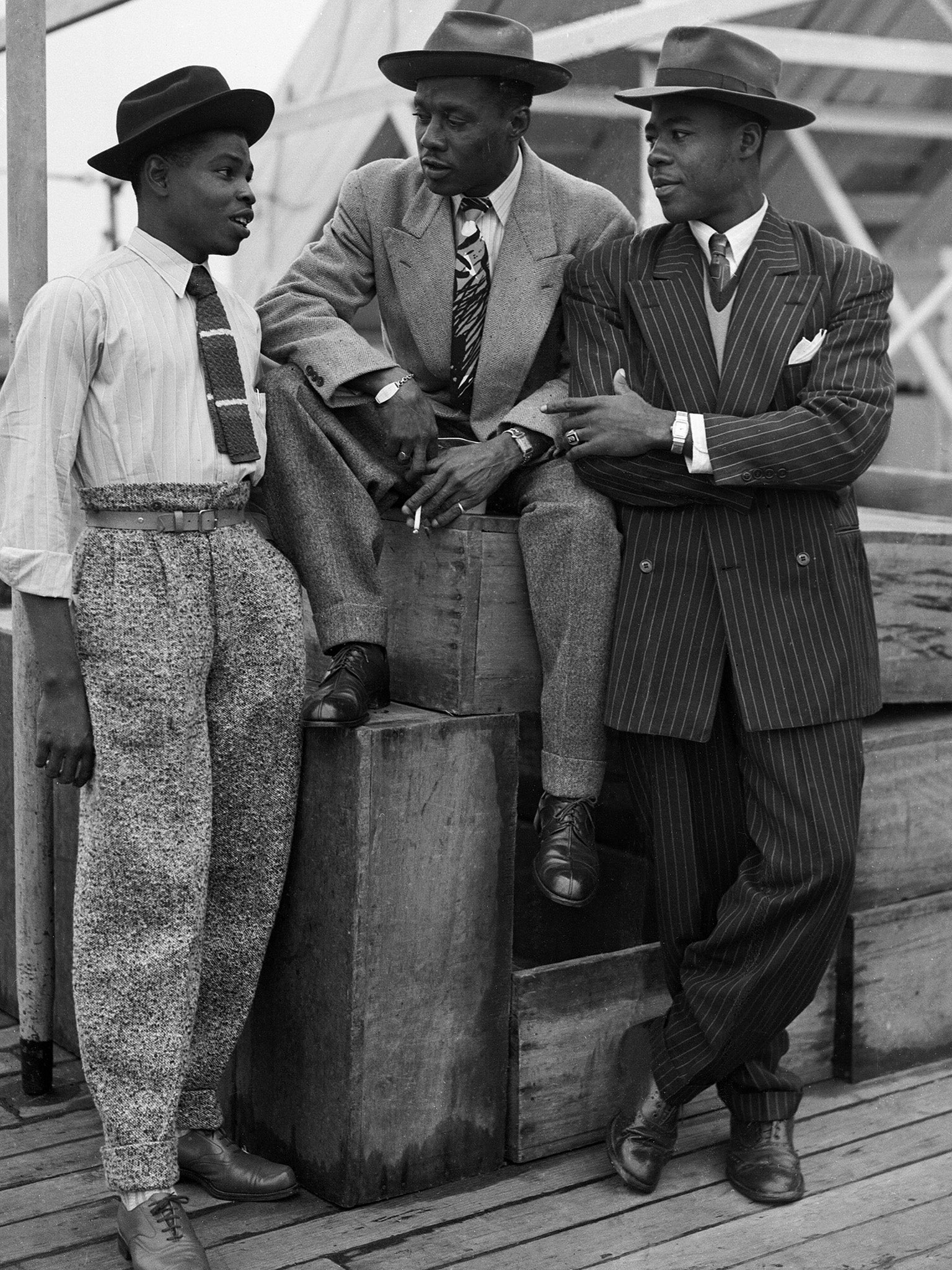
14/15
Three Jamaican immigrants (left to right) John Hazel, a 21-year-old boxer, Harold Wilmot, 32, and John Richards, a 22-year-old carpenter, arriving at Tilbury on board the ex-troopship ‘Empire Windrush’, smartly dressed in zoot suits and trilby hats.
Getty
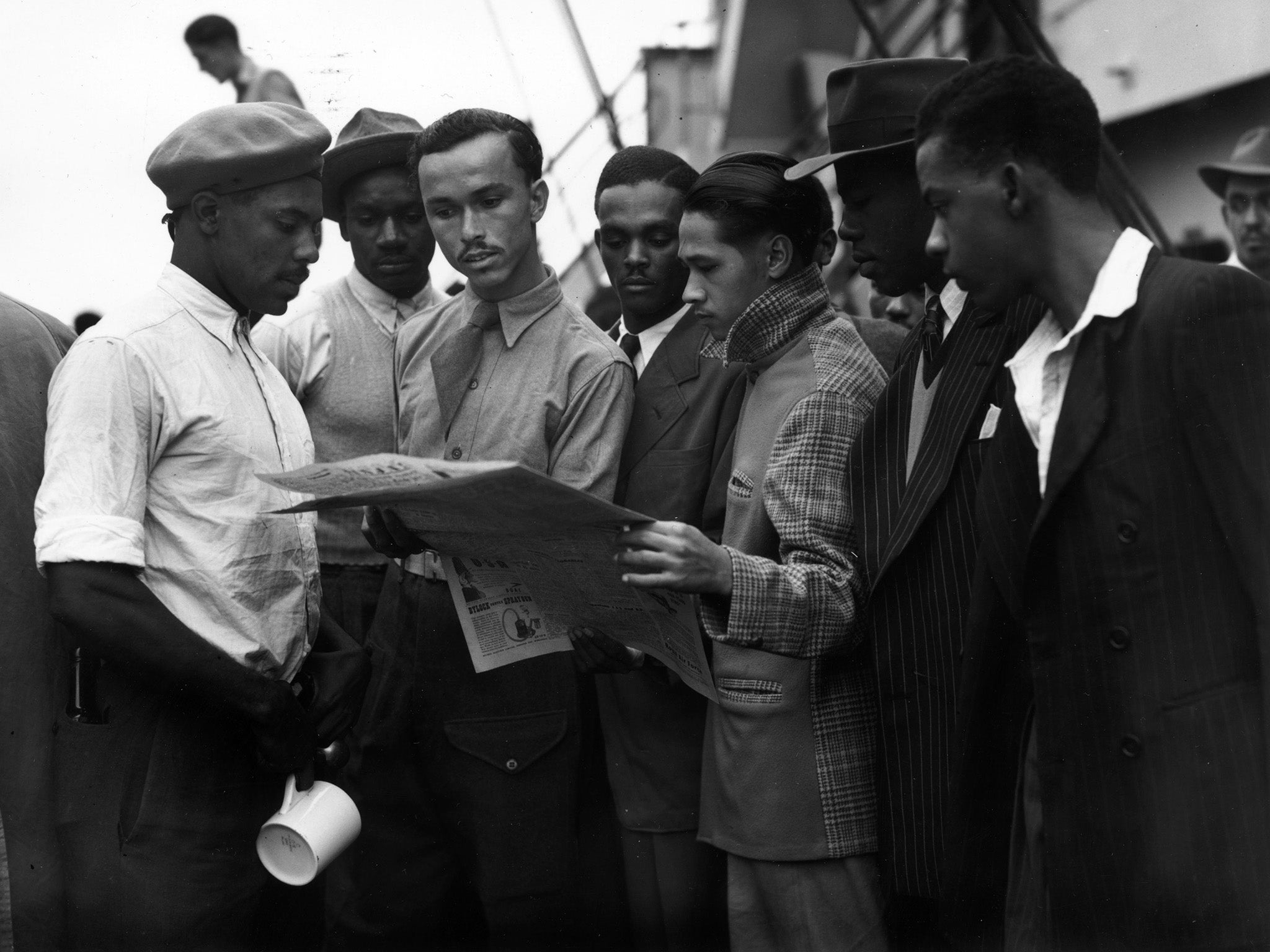
15/15
Newly arrived Jamaican immigrants on board the ‘Empire Windrush’ at Tilbury in 1948.
Getty

1/15
The ex-troopship ‘Empire Windrush’ arriving at Tilbury Docks from Jamaica, with 482 Jamaicans on board, emigrating to Britain.
Getty

2/15
Jamaican immigrants being welcomed by RAF officials from the Colonial Office after the ex-troopship ‘Empire Windrush’ landed them at Tilbury.
PA

3/15
Alford Gardner who arrived in Britain in 1948 on the first Windrush ship to dock in Tilbury, Essex, speaking at his home in Leeds
PA

4/15
Alford Gardner in Leeds shortly after he arrived in Britain in 1948 on the first Windrush ship to dock in Tilbury, Essex
PA

5/15
Gardner was 22 years old when he boarded the ship in Kingston, Jamaica, with his brother Gladstone before they and hundreds of Caribbean migrants called on to rebuild post-war Britain disembarked the ship in Tilbury Docks
PA

6/15
Alford Gardner (right), during his RAF service in 1947
PA

7/15
The son of Ruth Williams, a Windrush-generation immigrant, wants to the leave the country after threats of deportation. According to his mother, Mr Haynes applied for British citizenship in 2016 but was rejected, despite Ms Williams having lived in the UK almost permanently since arriving from St Vincent and the Grenadines in 1959.
Ruth Williams, 75, said she felt “betrayed” by Britain after the Home Office twice turned down applications for her 35-year-old son, Mozi Haynes, to remain in the country.
Ms Williams is understood to have cancer and said she relies heavily on her son for support.
PA

8/15
The British liner ‘Empire Windrush’ at port in 1954.
Getty

9/15
Ruth Williams, 75, with her British passport. “I feel betrayed and a second class citizen in my own country,” she said. “This makes me so sad and the Home Office must show some compassion.
“I am unwell and almost 75, I live on my own and I need my son to stay here. I need my family around me and I can’t face being alone. He has applied to the Home Office and been refused twice.”
PA

10/15
From the top, hopeful Jamaican boxers Charles Smith, Ten Ansel, Essi Reid, John Hazel, Boy Solas and manager Mortimer Martin arrive at Tilbury on the Empire Windrush in the hope of finding work in Britain.
Getty

11/15
Jamaicans reading a newspaper whilst on board the ex-troopship ‘Empire Windrush’ bound for Tilbury docks in Essex.
Getty

12/15
After half a century in Britain, Anthony Bryan decided it was time to go abroad. But the decision set off a nightmare that saw him lose his job, detained twice and almost deported to Jamaica.
AFP/Getty

13/15
Jamaica-born Anthony Bryan poses outside his home in Edmonton, north London. Now 60 and a grandfather, Bryan thought the issue could be resolved swiftly, as he legally moved to Britain with his family as part of the Windrush generation of Caribbean migrants after World War II. In 1948, the ship Windrush brought the first group of migrants from the West Indies to help rebuild post-war Britain, and many others followed from around the Commonwealth. A 1971 law gave them indefinite leave to remain, but many never formalised their status, often because they were children who came over on their parents’ passports and then never applied for their own.
AFP/Getty

14/15
Three Jamaican immigrants (left to right) John Hazel, a 21-year-old boxer, Harold Wilmot, 32, and John Richards, a 22-year-old carpenter, arriving at Tilbury on board the ex-troopship ‘Empire Windrush’, smartly dressed in zoot suits and trilby hats.
Getty

15/15
Newly arrived Jamaican immigrants on board the ‘Empire Windrush’ at Tilbury in 1948.
Getty
The watchdog said that its assessment would in particular look at how the Home Office ”understood, monitored and reviewed the impact of placing increasingly onerous documentation requirements” on the Windrush generation.
David Isaac, the EHRC chairman, said “The Windrush scandal and hostile environment policies have cast a shadow across the UK and its values. We are working with the Home Office to determine what must change so that this shameful period of our history is not repeated.”
He said the impact of coronavirus and the death of George Floyd – an African American who died while in police custody in Minneapolis – has led to “urgent calls for action to end the systemic and entrenched race inequalities“ in the UK.
“The law requires that all public bodies must promote inclusivity and opportunity by considering the impact their policies have on ethnic minorities,” Mr Issac said.
“We have long called for government to produce a comprehensive race equality strategy to tackle these injustices.”
The latest news on Brexit, politics and beyond direct to your inbox
The EHRC said its assessment – under section 31 of the Equality Act 2006 – would be finished by September.
The move was welcomed by the chair of the Commons Home Affairs Committee, Yvette Cooper.
The MP said she hopes the legal assessment “will allow the Home Office to finally face up to the fundamental changes needed in its culture, policies and practices” to prevent similar scandals from happening in the future.
Labour MP David Lammy said: “It is absolutely right that the EHRC has taken the unprecedented step of beginning legal action to review whether the Home Office broke equality laws in its appalling treatment of the Windrush Generation.”
The politician, who last year along with more than 80 other MPs referred the Home Office to the EHRC, added: “The government has admitted its own wrongdoing, but these Black Britons deserve so much more than an apology. As the world demands action on racial inequalities, the Windrush generation need compensation that is actually paid out, and structural change so that this gross injustice can never repeat itself.”
The Home Office said Priti Patel, the home secretary, was determined to do all she could to “right the wrongs” endured by the Windrush generation.
A spokesperson said:“Victims who suffered from this terrible injustice are now receiving the support and compensation they are owed. So far 12,000 people have been helped to confirm their status in the UK and more compensation payments are being made week on week.
“We are carefully considering the findings of the Windrush Lessons Learned review and will respond shortly to those important recommendations. We will also work with the EHRC on the review they have launched.”
Additional reporting by Press Association



